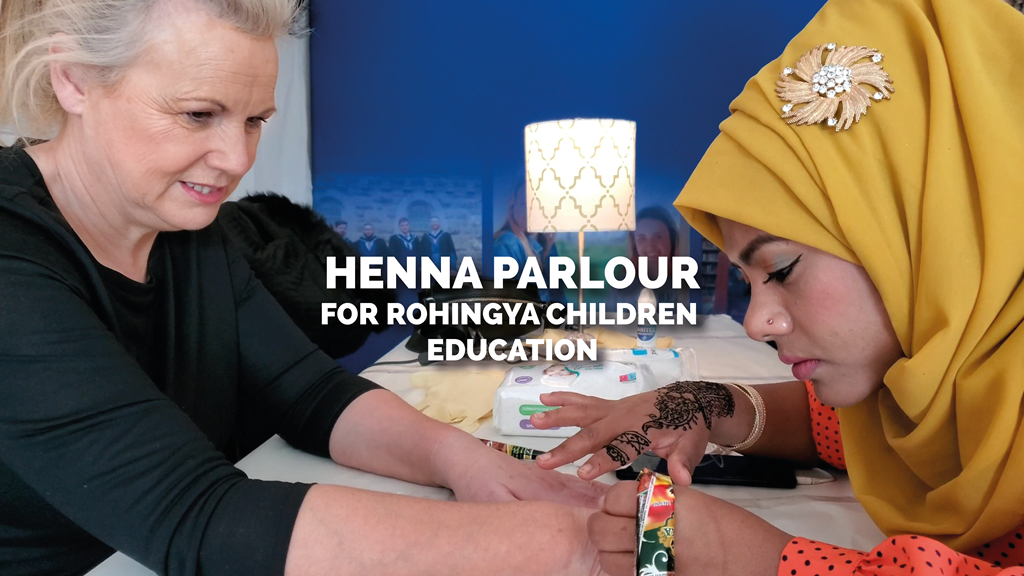
Myanmar may postpone election in war-torn Rakhine state: official
- 31/07/2020
- 0
NAYPYITAW (Reuters) – Myanmar will postpone elections in parts of war-torn Rakhine state if the military declares them unsafe, a senior election official said on Thursday, prompting a backlash from ethnic parties with strong support in the region.
“It is necessary to have peace and stability to hold elections,” said Union Election Commission chair Hla Thein, adding that the army-controlled ministries of defence and home affairs would soon determine whether the region was stable.
“If they cannot give that recommendation, we will not do it,” he told Reuters in an interview in the capital, Naypyitaw.
Military spokesmen did not answer phone calls seeking comment.
The nation goes to the polls on Nov. 8 in what analysts see as an important test of the transition away from direct military rule, but preparations have been complicated by the coronavirus pandemic and escalating ethnic conflict.
Longtime opposition leader Aung San Suu Kyi’s National League for Democracy party took power in 2016 after a landslide election win that ended half a century of army rule, though the military retains significant powers.
While Suu Kyi remains wildly popular among the country’s majority Bamar Buddhist population, analysts say support for her party has waned among minority communities.
The Rakhine ethnic party, Arakan National Party (ANP), had a strong showing in the 2015 polls but was denied major roles in the local administration, fuelling resentment against the NLD government.
The region has since been engulfed by war between government troops and ethnic Rakhine rebels seeking greater autonomy.
“If there is no one to represent a constituency, people will suffer more,” Maung Hla Kyaw, a Rakhine lawmaker, told Reuters.
“If the election is postponed with the excuse of security, people will lose trust in the whole democratic system,” he said.
Polls cancelled in 2015 in several areas affected by ethnic conflict were never held.
The minority Rohingya population was stripped of voting rights ahead of the 2015 election after the temporary documents many held were nullified. More than 730,000 fled to neighbouring Bangladesh after a military crackdown in 2017, but several hundred thousand remain.
Asked about the Rohingya, Hla Thein, the Union Election Commission chair, said only people who were above 18 and held citizenship would be able to vote.
“If one is not in line with these facts, we will not include them in the voters’ list,” he said.
Writing by Poppy McPherson; Editing by Nick Macfie







